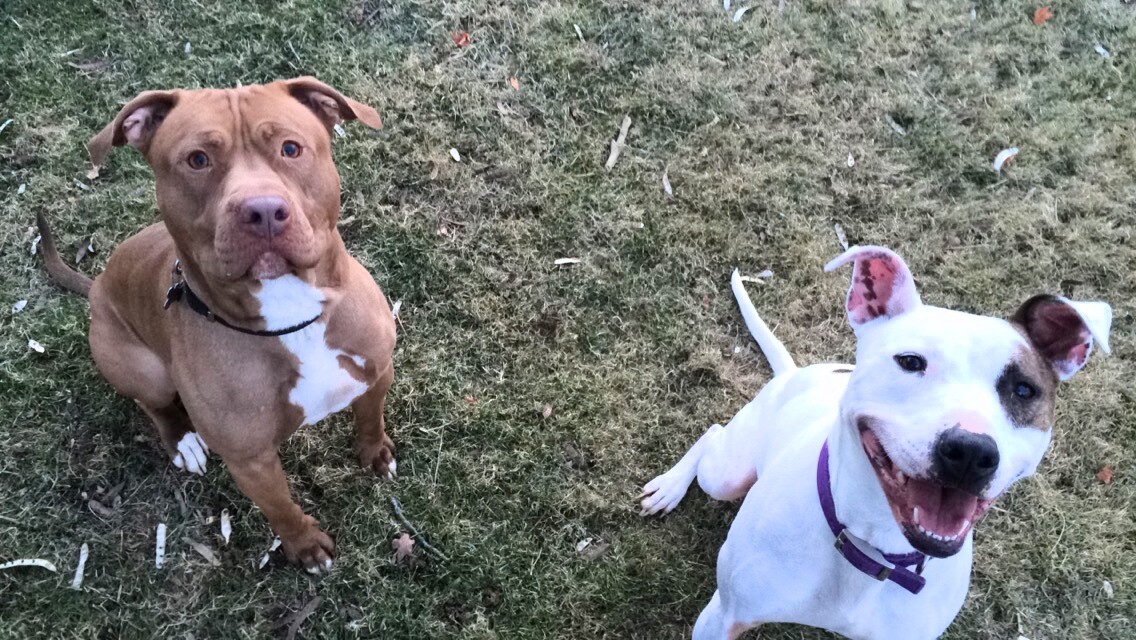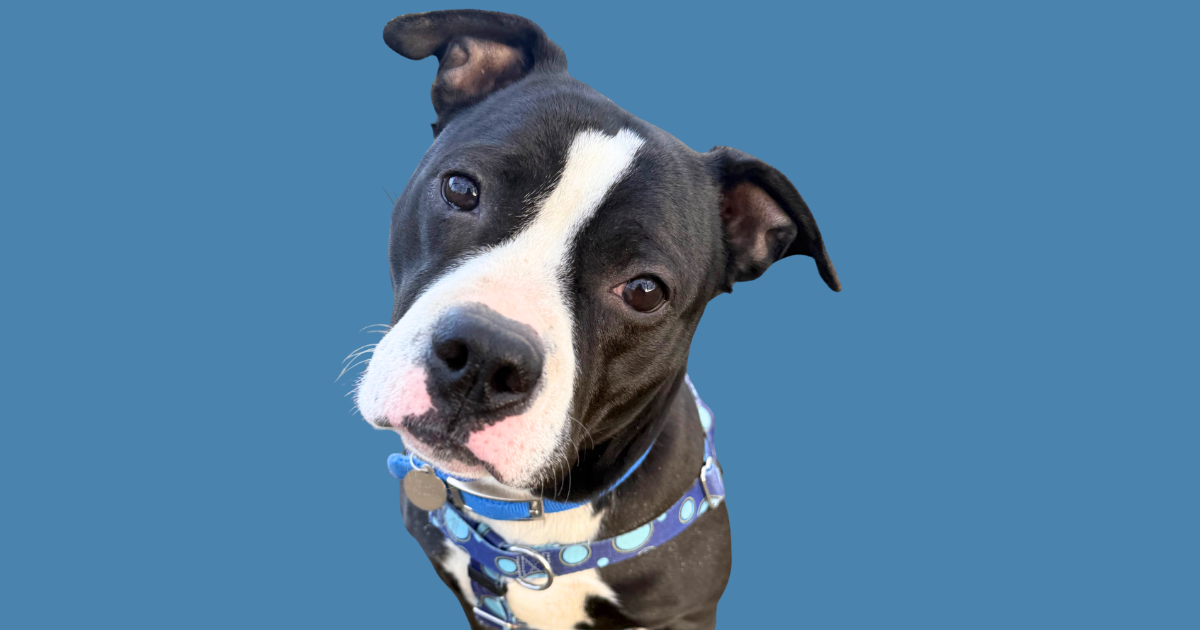An article called “Saving the Pit Bull” appeared in the March 2019 issue of The Charleston Mercury. It’s penned by Joe Elmore, CEO of the Charleston Animal Society. The article is a classic example of well-intentioned people who, because of their failure to accept science and move beyond outdated thinking, do real harm to dogs and people.
The premise of Elmore’s position is that South Carolina has a “pit bull” dog problem and the only solution is to put an undue burden on dog owners, and potentially criminalize them, by instituting a mandatory spay/neuter law for any dog subjectively identified as a “pit bull.
Before we go on: In a previous article, we addressed why mandatory spay/neuter (s/n) is unproductive and does not address the real problems affecting communities and leading to an increased number of shelter pets. If you are unfamiliar with why mandatory s/n is ineffective, please hop on over to our article before you continue reading this one.
Back to Elmore’s stance comes from a false premise – that the “pit bull” dog exists. In fact, he spends a large chunk of his article explaining that “pit bulls” do not, in fact, exist.
Let’s dissect this:
“The “Pit Bull” is probably the most misunderstood and controversial dog in America. Pit Bull is not a recognized breed by the American Kennel Club, nor is it a breed identifiable by Wisdom Panel, the world’s leading DNA test for dogs, which detects over 350 breeds.”
He goes onto say discuss the history of the breed of dog known as the American Pit Bull Terrier. We all know the history of these dogs, but it’s just that, history.
Elmore then discusses the ASPCA’s position on dogs labeled “pit bull” and completely negates his entire premise:
“…the vast majority of pit bull type dogs in our communities today are the result of random breeding—two dogs being mated without regard to the behavioral traits being passed on to their offspring. The result of random breeding is a population of dogs with a wide range of behavioral predispositions. For this reason, it is important to evaluate and treat each dog, no matter its breed, as an individual.”
WE MUST PUT SCIENCE OVER HABIT
Randomly bred dogs are not a member of any breed and cannot be lumped together in a group because they are randomly bred.
Elmore is doing what a lot of people do, they are faced with facts, they accept the facts, but then immediately disregard the facts and cling to their long-held beliefs, regardless of whether or not those beliefs match the facts.
He acknowledges that dogs labeled “pit bull” are not a member of any breed and are not bred from the same gene pool, yet he continues to lump them together and declare that South Carolina has a “pit bull” problem. He says there are far too many of them.
YOU CAN’T HAVE A “PIT BULL PROBLEM” IF “PIT BULLS” DON’T EXIST.
The problem people like Elmore have is laziness. Humans like black and white answers. We like simplicity. On the surface, it’s easy to fix a problem if you can pinpoint a single root cause. Right now, there are a lot of dogs in SC shelters. It’s easier to lump dogs into a single group and blame them than it is to take the time and effort to fix the human problems that are causing dogs to end up in shelters.
Dogs and people can’t afford this kind of laziness when it’s clear that SC communities need real help.
Elmore clearly anticipated being called on his bullshit here and tries to silence anyone who disagrees with him:
“While many animal advocates disagree on what is commonly referred to as “breed specific legislation,” those of us on the front lines in animal control or open-admission (don’t turn animals away) shelters overwhelmingly support this legislation. Again, it is not a ban on these dogs; it is a lifesaving strategy to save them”
Mandatory spay/neuter isn’t overwhelmingly supported by those on the “front lines.” Quite the opposite. Shelter workers who have moved into this century are more interested in helping their communities than randomly grouping dogs together. Progressive open intake shelters aren’t interested in resting on their laurels and taking the lazy way out (which isn’t really an out, because mandatory s/n solves nothing). Shelter workers who employ reality-based thinking have more success than people who refuse to change with the times.
They are also not interested in the us vs them attitude that Elmore has when he says “those of us on the front lines…” Like everything about his position, this is lazy. He doesn’t want to hear he’s wrong. He knows he’s wrong, so he is immediately invalidating anyone who approaches him with facts.
To check our own bias, we asked people who work in open intake shelters what they thought about his article. Susan Russell, formerly of Chicago Animal Care and Control and now with the Philadelphia ACC told us:
“As someone who has been on the front lines for years, I categorically disagree with the proposition that those on the front lines in animal control and open admission “overwhelmingly support” breed specific legislation. I wholly oppose it. Such legislation is ignorant and abhorrent and, worse still, leads to the senseless killing of innocent, sociable animals. Moreover, it unfairly discriminates against pet owners that own pets that look a certain way, and promotes insidious institutional discrimination against these pet owners. Which is simply wrong-headed. The best life-saving strategy for dogs that have a certain look is to treat them all as individuals and to draft legislation that promotes responsible and humane pet stewardship for all pet owners.”
STAY INFORMED
DOGS AND PEOPLE DESERVE BETTER
Elmore’s us vs them attitude shows that he has no concept of what the front lines of animal welfare actually are. The front lines are communities. The front lines are people. The front lines aren’t just about the dogs. It’s about dog and people because if you aren’t working to bring dogs and people together, then what are you doing?
In Elmore’s case, it’s clear what he’s doing. He’s standing still and refusing to move his thinking forward and in line with science. Dogs are individuals, not labels.


